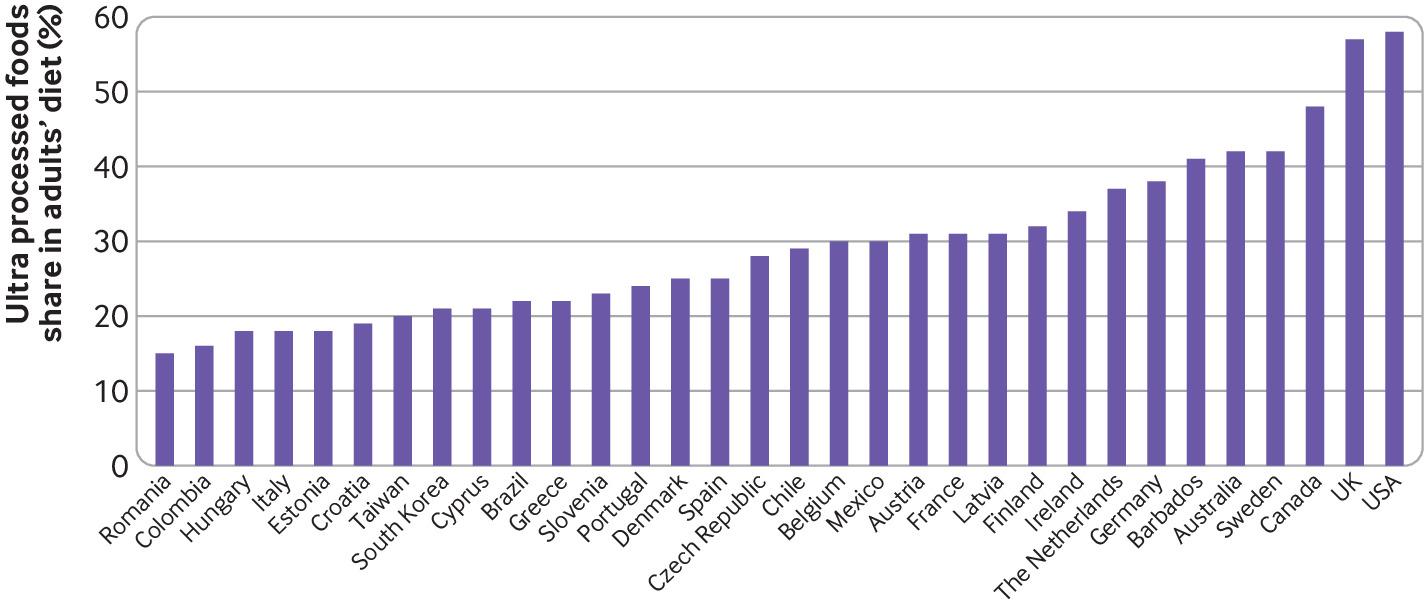Sweden Cracks Down on OnlyFans – Will U.S. Follow Suit?
Porn is an awkward topic. Anyone old enough and not specifically avoiding it, knows a bit about the evolution of pornography.
Sweden Cracks Down on OnlyFans – Will U.S. Follow Suit?
Porn is an awkward topic. Anyone old enough and not specifically avoiding it, knows a bit about the evolution of pornography.

Modern physics doesn’t seem to make sense, but the concepts are fascinating. People who know a little modern physics, apply it to situations where it isn’t relevant, like social interactions or pop culture.

Reuters: Trump to sign orders to boost nuclear power
Reuters: Bipartisan group of US lawmakers introduce bill to boost nuclear power
I am thrilled by both of these developments. Nuclear power is necessary for America to prosper, but it hasn’t gotten much attention. If Trump and lawmakers from both parties encourage nuclear power, everyone will be better off.
Ohio’s Manufacturing Renaissance: A Blueprint for American Prosperity
Ohio is experiencing a manufacturing renaissance that’s transforming our economic landscape. Our state ranks third in the nation for manufacturing jobs, with more than 687,000 Ohioans employed in the sector, producing over $134 billion in manufactured goods annually.
That sounds great!

Ever wonder if there are powerful people, behind the scenes, influencing world events?
There are. This is the guy. His name is Klaus Schwab, and he is in trouble.

High-School Juniors With $70,000-a-Year Job Offers
High-School Juniors With $70,000-a-Year Job Offers
If America is going to get back to manufacturing, companies will need to get involved to make sure that there are trained people to hire. There will need to be more of this.
PHILADELPHIA—Elijah Rios won’t graduate from high school until next year, but he already has a job offer—one that pays $68,000 a year.
Rios, 17 years old, is a junior taking welding classes at Father Judge, a Catholic high school in Philadelphia that works closely with companies looking for workers in the skilled trades. Employers are dealing with a shortage of such workers as baby boomers retire. They have increasingly begun courting high-school students like Rios—a hiring strategy they say is likely to become even more crucial in the coming years.

It’s true. Don’t trust anything the Chinese government says.
Also, be skeptical of reports that China is in big trouble.
This WSJ article notes that the Chinese government has stopped reporting a wide range of economic data, and that could mean that the tariffs are having an effect.

A week ago, when I posted about my house in a different timeline, I looked up my first house on the county auditor site. I bought it on April 28th, 1992, and sold it on April 28th, 1998. Owning it for exactly six years is notable, so an anniversary post seemed like a good idea.

I am always going to click on an article that sounds like the name of a Tom Clancy novel. This article opens with a photo of a submarine conning tower jutting through the ice. There are a few other nice photos and what seems to be a deep analysis of the geopolitics of the Arctic.
I don’t know anything about the organization, IM, that posted the article, but it seems balanced and informative. I only read a bit of it, was in over my head, and Sparky wants to go outside.
Let me know if it’s worth reading.

Ultra-processed foods and cardio-metabolic health
We are doing terribly. Ultra-processed foods make up 58% of the average American’s diet.
© 2025 Big Stick Physics
Theme by Anders Noren — Up ↑